Seals & Crofts - Traces (2004)
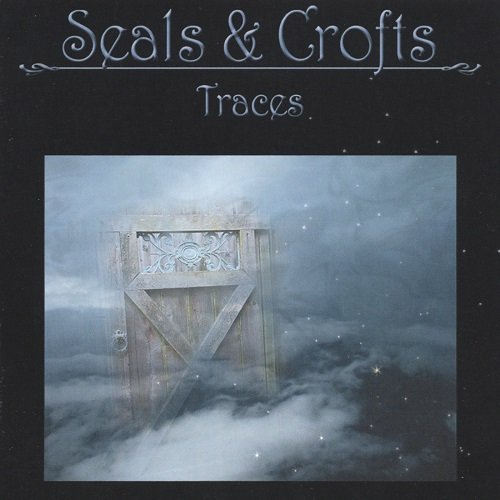
Artist: Seals & Crofts
Title: Traces
Year Of Release: 2004
Label: SCHR
Genre: Pop Rock, Folk Rock, Soft Rock
Quality: Mp3 320 / Flac (tracks)
Total Time: 41:45
Total Size: 103/280 Mb
WebSite: Album Preview
Tracklist:Title: Traces
Year Of Release: 2004
Label: SCHR
Genre: Pop Rock, Folk Rock, Soft Rock
Quality: Mp3 320 / Flac (tracks)
Total Time: 41:45
Total Size: 103/280 Mb
WebSite: Album Preview
01. Summer Breeze 3:35
02. Get Closer 4:56
03. Diamond Girl 5:11
04. We May Never Pass This Way Again 4:20
05. Hummingbird 5:32
06. Not Be Found 3:05
07. Change The Copper Into Gold 4:34
08. Paint You 4:12
09. The Euphrates 3:22
10. Love Takes No Prisoners 2:58
It's possible to hear the progression of soft rock through the music of Seals & Crofts, the duo who recorded some of the genre's perennials. Over the course of the 1970s, Seals & Crofts evolved from a gentle folk-rock duo to purveyors of slick, polished pop, two sounds that became inextricably associated with the Me Decade. Practitioners of the Baha'i Faith -- at the height of their fame in the mid-'70s, they'd extol its virtues to fans -- the duo were drawn to the quieter aspects of rock music, developing a signature sound distinguished by their easy melodicism and mellow vibe. Their craft was evident on their biggest hits. "Summer Breeze," "Diamond Girl," "We May Never Pass This Way (Again)," and "Get Closer" remained radio staples years after their initial run on the charts, surviving long after the pair called it a day at the dawn of the '80s.
Jim Seals and Dash Crofts met as teenagers in Texas -- the pair played together in a combo called the Crew Cats during the mid-'50s. Their big break arrived when they were invited to join the Champs, whose membership became slightly unstable in the wake of their surprise 1958 hit single "Tequlia." Seals and Crofts didn't play on that instrumental rock & roll classic, but they did stick with the group into the early '60s, breaking away to play with an early Glen Campbell band before splitting. Crofts went back to Texas and Seals joined the Dawnbreakers, a group named after a pivotal text in the Baha'i Faith. Seals persuaded Crofts to return to L.A. to play in the Dawnbreakers. During this period, they committed themselves to the Baha'i Faith, which in turn laid the groundwork for the folky music they made once they became a duo in 1969.
Signing with TA, the record division of Talent Associates, Seals & Crofts released their eponymous debut in 1969, following it with the John Simon-produced Down Home. Neither record got much notice but helped get the attention of Warner Bros., who brought the duo aboard their roster in 1971, the same year Year of Sunday became their first album to chart on Billboard.
Seals & Crofts sweetened and polished their folk-rock on Summer Breeze, a sonic evolution showcased on the album's title track. "Summer Breeze" became the duo's first big hit, peaking at number six on Billboard in 1972; the subsequent single "Hummingbird" made it to 20 in early 1973. "Diamond Girl" continued the group's hot streak by peaking at six in 1973; its parent album also featured "We May Never Pass This Way (Again)," which reached 21 but became an adult contemporary standard.
Unborn Child stalled Seals & Crofts's momentum in 1974. Written from the perspective of an aborted fetus, "Unborn Child" stemmed from the duo's Baha'i Faith and arrived less than year after the U.S. Supreme Court ruled that there was a constitutional right to abortion in the landmark Roe vs. Wade case. When it was released as the first single from its parent album, "Unborn Child" caused controversy that failed to sell records; it didn't crack the Billboard Top 40, nor did its follow-up, "The King of Nothing."
Seals & Crofts rebounded with I'll Play for You, whose title track peaked at 18 in 1975. "Get Closer," which featured vocals from Carolyn Willis of Honey Cone, did even better, reaching number six in 1976. Its accompanying album, also called Get Closer, featured an additional single in "Goodbye Old Buddies," which reached ten on the Adult Contemporary chart. After delivering the live album Sudan Village and singing on the soundtrack to the 1977 Robby Benson film One on One, Seals & Crofts released Takin' It Easy, a record which found them dabbling in disco and harder rock; the former resulted in a hit with "You're the Love," which reached 18 pop and number two adult contemporary in 1978.
The Longest Road, which featured the ballad "First Love," closed out Seals & Crofts's contract with Warner in 1980. With the expiration of the deal came the end of the band. Sensing the shifting fashions and lacking the will to find a new label, the duo went their separate ways. Seals moved to Costa Rica and raised a family, while Crofts took his family to Mexico before settling in Australia.
Seals & Crofts mounted their first comeback in 1991, a reunion that didn't go beyond a tour. Arriving in 2004, the second reunion did produce Traces, a new album that combined fresh material with re-recordings of their old hits. It'd be their last major musical project. Jim Seals had a stroke in 2017 and was in poor health until he died at the age of 79 at his Nashville, Tennessee home on June 6, 2022.
Jim Seals and Dash Crofts met as teenagers in Texas -- the pair played together in a combo called the Crew Cats during the mid-'50s. Their big break arrived when they were invited to join the Champs, whose membership became slightly unstable in the wake of their surprise 1958 hit single "Tequlia." Seals and Crofts didn't play on that instrumental rock & roll classic, but they did stick with the group into the early '60s, breaking away to play with an early Glen Campbell band before splitting. Crofts went back to Texas and Seals joined the Dawnbreakers, a group named after a pivotal text in the Baha'i Faith. Seals persuaded Crofts to return to L.A. to play in the Dawnbreakers. During this period, they committed themselves to the Baha'i Faith, which in turn laid the groundwork for the folky music they made once they became a duo in 1969.
Signing with TA, the record division of Talent Associates, Seals & Crofts released their eponymous debut in 1969, following it with the John Simon-produced Down Home. Neither record got much notice but helped get the attention of Warner Bros., who brought the duo aboard their roster in 1971, the same year Year of Sunday became their first album to chart on Billboard.
Seals & Crofts sweetened and polished their folk-rock on Summer Breeze, a sonic evolution showcased on the album's title track. "Summer Breeze" became the duo's first big hit, peaking at number six on Billboard in 1972; the subsequent single "Hummingbird" made it to 20 in early 1973. "Diamond Girl" continued the group's hot streak by peaking at six in 1973; its parent album also featured "We May Never Pass This Way (Again)," which reached 21 but became an adult contemporary standard.
Unborn Child stalled Seals & Crofts's momentum in 1974. Written from the perspective of an aborted fetus, "Unborn Child" stemmed from the duo's Baha'i Faith and arrived less than year after the U.S. Supreme Court ruled that there was a constitutional right to abortion in the landmark Roe vs. Wade case. When it was released as the first single from its parent album, "Unborn Child" caused controversy that failed to sell records; it didn't crack the Billboard Top 40, nor did its follow-up, "The King of Nothing."
Seals & Crofts rebounded with I'll Play for You, whose title track peaked at 18 in 1975. "Get Closer," which featured vocals from Carolyn Willis of Honey Cone, did even better, reaching number six in 1976. Its accompanying album, also called Get Closer, featured an additional single in "Goodbye Old Buddies," which reached ten on the Adult Contemporary chart. After delivering the live album Sudan Village and singing on the soundtrack to the 1977 Robby Benson film One on One, Seals & Crofts released Takin' It Easy, a record which found them dabbling in disco and harder rock; the former resulted in a hit with "You're the Love," which reached 18 pop and number two adult contemporary in 1978.
The Longest Road, which featured the ballad "First Love," closed out Seals & Crofts's contract with Warner in 1980. With the expiration of the deal came the end of the band. Sensing the shifting fashions and lacking the will to find a new label, the duo went their separate ways. Seals moved to Costa Rica and raised a family, while Crofts took his family to Mexico before settling in Australia.
Seals & Crofts mounted their first comeback in 1991, a reunion that didn't go beyond a tour. Arriving in 2004, the second reunion did produce Traces, a new album that combined fresh material with re-recordings of their old hits. It'd be their last major musical project. Jim Seals had a stroke in 2017 and was in poor health until he died at the age of 79 at his Nashville, Tennessee home on June 6, 2022.
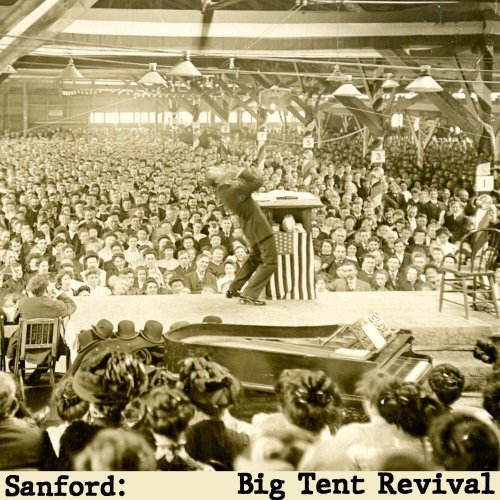

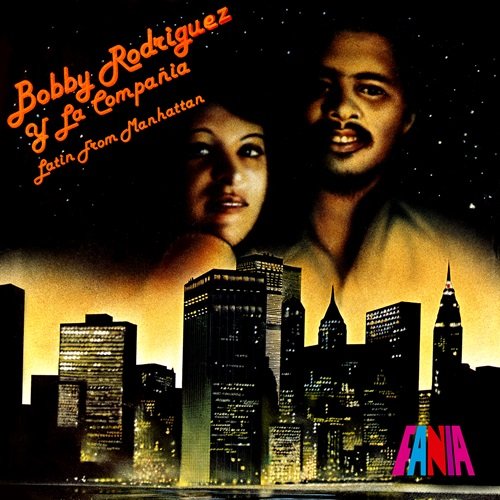
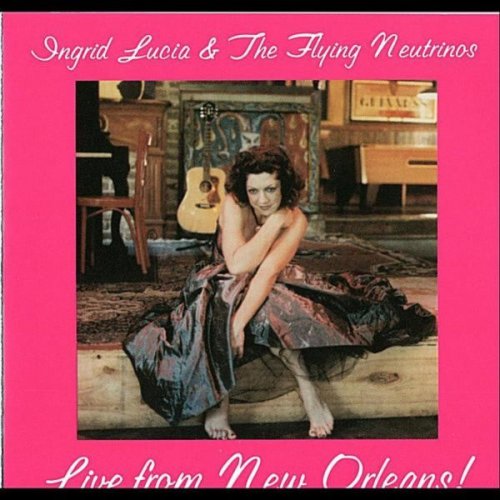
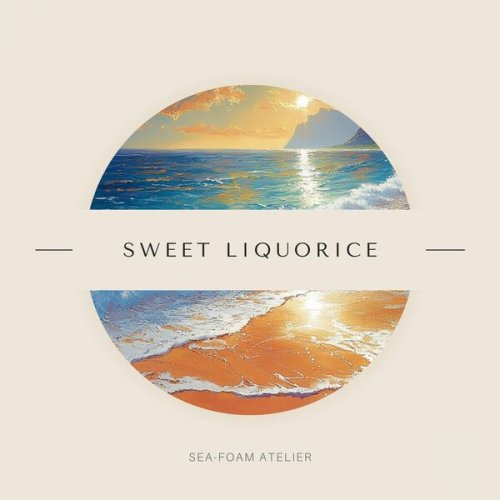


![Acid Mothers Reynols, Acid Mothers Temple, Reynols - Vol. 3 (2024) [Hi-Res] Acid Mothers Reynols, Acid Mothers Temple, Reynols - Vol. 3 (2024) [Hi-Res]](https://img.israbox.com/img/2026-02/21/vgzin7mjpuc9xi8v2ce3z1jc8.jpg)
![Marvin Birungi - Soul Vaxnation (2026) [Hi-Res] Marvin Birungi - Soul Vaxnation (2026) [Hi-Res]](https://www.dibpic.com/uploads/posts/2026-02/1771660075_500x500.jpg)